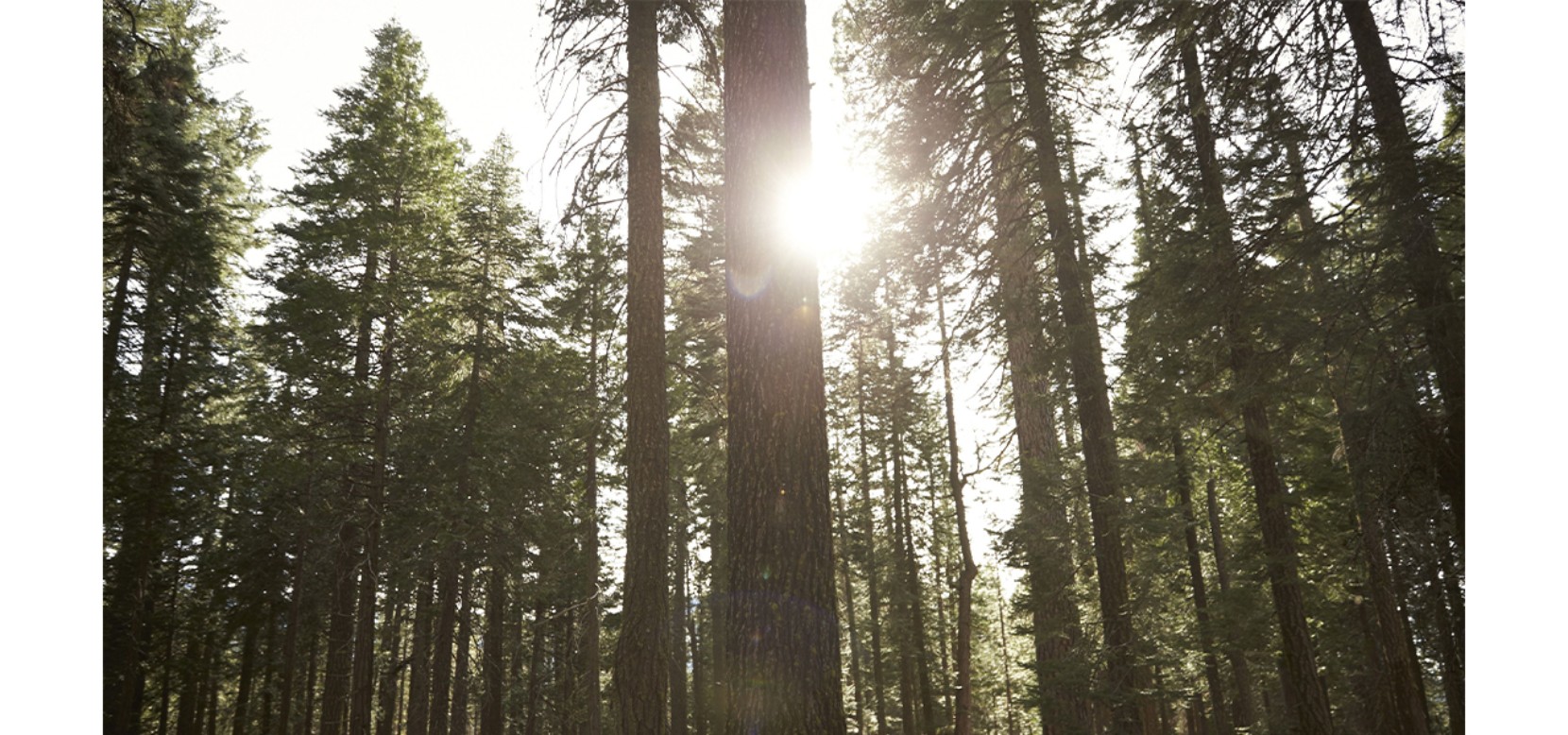Freeport, ME, March 6, 2021
Intention & Attention: A Guide to Forest Bathing
Shinrin-yoku, translated forest bathing, is a popular and time-honored tradition in Japan. Shinrin in Japanese means “forest,” and yoku means “bath—so shinrin-yoku literally means bathing in the forest. In actual practice, it means experiencing the forest through the senses. The operative word here is senses. This isn’t just your average walk in the park, either! — forest bathing requires a certain kind of command over your intention and attention.
Usually, when you head out on a hike in the forest, your intention—your aim or plan—is to safely finish the trail (and enjoy yourself!). And your attention—your focus—is likely on getting to the summit. There’s nothing wrong with this, by the way! Sometimes you just need to sweat it out and get to the top.
But when you’re forest bathing, your intention is on experiencing nature in a new way and your attention is not on a destination, but tuned into what’s around you—the sounds, sights, and smells of the forest. It’s a slowing down, a lot like a meditation.
In Japan during the 1980s, shinrin-yoku emerged as an important part of preventive health care and healing in Japanese medicine. When researchers began to study forest bathing, they explored its therapeutic effects on immune system function, the cardiovascular system, the respiratory system, depression and anxiety, mental relaxation, and feelings of “awe.”
They found that several hours of forest bathing—in contrast to several hours walking the streets of Tokyo—lowered blood pressure and heart rate, lowered stress hormones, raised immunity, and allowed the entire body to be in a more relaxed state. In short, forest bathing was a real antidote to the stress and busyness of city life.
And while Japan is credited with the term shinrin-yoku, the concept is not new. Many cultures in many places across the planet have long recognized the importance of time in nature to human health and well-being. You don’t have to be in a Japanese forest to bathe in the benefits of nature.
In fact, what we’re learning about awe is that you can bring your intention and attention to the world right outside your front door with something as simple as an “ awe walk.” So, go ahead, take the time to experience the restorative power of the outdoors in your own neighborhood.
Just like forest bathing, when you’re in the presence of beautiful and often unexplainable things in nature—a flock of birds flying in perfect formation, the supreme quiet of the morning after a big snow, the changing colors of the tree on your block—your body enjoys physiological benefits as you lose yourself in the moment and experience the wonder of nature.





